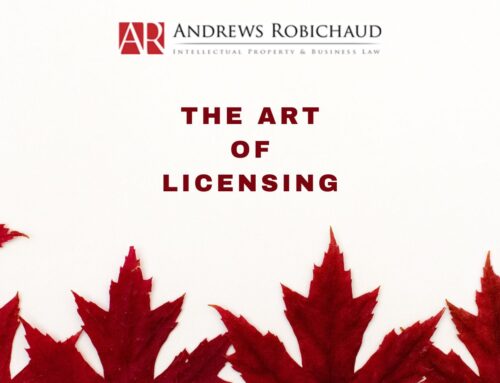In Canada, it’s well established that copyright will generally last for the lifetime of the author, plus 50 years.
Ownership in copyright can be transferred by way of assignment, where a third party is granted full or partial interest in copyright, or by way of license, where a third party is permitted to use the author’s work.
But hidden in the depths of the Canadian Copyright Act is a provision that often goes overlooked, a provision that can effectively invalidate any grant, assignment, or license, 25 years after the death of the author.
Derived from UK law, the provision in question is referred to as ‘reversionary interest’ and has largely remained an elusive character in Canadian copyright history.
So what exactly is reversionary interest and how does it work?
Section 14 of the Copyright Act provides that 25 years after the author’s death, full ownership of copyright reverts back to the estate of the deceased author.
In essence, if you’ve been assigned copyright to the ubiquitous anthem, ‘Bohemian Rhapsody’ in Canada, regardless of any binding contract you may have signed to validate your interest, full ownership of that copyright would revert back to Freddie Mercury’s estate until it’s expiration. (Freddie Mercury died November 24, 1991, which at the time of writing this article was 27 years ago).
There are however, conditions that must be met in order for this reversionary interest to apply:
- The deceased author was the first owner of the copyright
- Assignment of copyright was made after June 4, 1921 (date when Copyright Act was enacted)
- Assignment of copyright was made other than by a will
- Assignment of copyright was not for a collective work, work created during course of employment, or work subject to Crown copyright
While the reversionary provision continues to remain in force in Canada, many of the British Commonwealth nations, and the UK, have since repealed this law.
In Canada, there has been extensive debate on the value of the reversionary provision, and whether it serves to accomplish the purpose of the Copyright Act. To what extent do we revert ownership to the heirs of the author? What if the author’s work only became marketable well after their death?
For now, whichever way the wind blows, whether you’re an assignee of copyright or an heir to a musical legend, parties should remain mindful of the fact that in Canada, reversionary interest is in full effect and will impact copyright ownership accordingly.







Leave A Comment